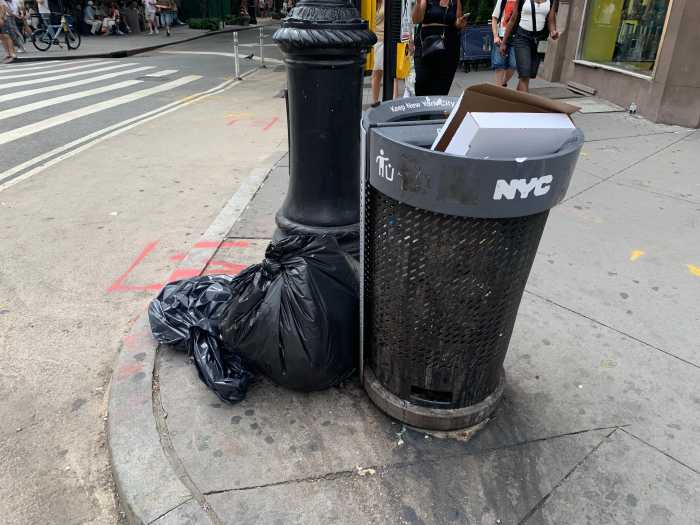What does it mean that the United States has now officially used the term genocide to describe killings by the Islamic State in Iraq and Syria?
To those being slaughtered, raped, terrorized and left homeless, the label doesn’t change much. Nor is the United States put under any specific obligation by this recognition that groups of Christians, Muslims and Yazidis, an ancient Kurdish sect, face an attempt by ISIS to wipe them out.
But yesterday’s announcement by Secretary of State John Kerry, along with a 393-0 vote in the House of Representatives calling the ISIS actions genocide, casts what is happening in a different moral light.
When it comes to genocide, our nation has a general feeling of “never again,” spawned largely by the deaths of 6 million Jews and millions of others in German concentration camps during World War II. But we have not lived up to “never again” since then. Whether it’s the estimated 1.7 million people slaughtered by the Khmer Rouge in Cambodia in the 1970s, the 1994 massacre in Rwanda or the ethnic violence ravaging South Sudan, we often turn a blind eye to genocide.
And we always seem to regret it later.
In some ways, this situation is different. Our invasion and occupation of Iraq, and later withdrawal, were the biggest ingredients in the destabilization that brought ISIS to power. Unlike the Khmer Rouge and the Hutus of Rwanda, ISIS directly threatens the United States and its allies. And we are already taking limited actions in the region to stop ISIS.
What the official adoption of the term genocide changes is our ability to fool ourselves. Those who oppose more military action in the Middle East to stop ISIS must now face what that lack of action allows. Those who oppose permitting more refugees from the region to come to the United States must face what that refusal will cause.
Civilized nations cannot allow genocide. Continuously acknowledging that only in retrospect is a bitter, fruitless path. It’s easy to say “never again.” The question is, “What now?” — The editorial board































